\ˈba-lət\
This last was a little more complicated this year: because of the vicissitudes of California’s not-completely-open primary, instead of our usual four stacks of paper ballots we had nineteen. And even this did not fully account for the range of possible party affiliations and languages in the precinct, which is politically purple as well as pronouncedly polyglot. All day, our touchscreen clerk kept hoping for a Filipino-speaking member of the Green party to arrive, so he could leap in and save the day.
Alas for the frustrated clerk, no such voter appeared, but we did see many of our regulars. There was the sweet-faced elderly man who likes to show off his wallet plastered with several years’ worth of I Voted! stickers while his wife chats up the Vietnamese-speaking poll worker in her ongoing quest for suitable young men to fix up with her granddaughter.
There was the leathery man from around the corner who usually does his yard work in a Speedo but who mercifully honors the occasion of going to the polls by donning street clothes, which he wears with the over-starched awkwardness of the habitual nudist. There was the guy from over the back fence who likes to play guitar and sing Portuguese love songs, followed by his next-door neighbor who favors slightly out-of-tune karaoke.
There was the extraordinarily beautiful fifty-something Asian woman with her much older white husband—every year he is more frail, and every year she is more tenderly solicitous. And then the scrappy couple that always insists on sharing the same voting booth, where they argue loudly in Vietnamese about the measures and candidates.
And there were the newbies, young and old. New arrivals to the neighborhood, with kids and dogs in tow. A pair of 40-something white men, first-time voters, who were super amped to be voting for Trump. A recently naturalized mother and daughter from India who asked me to snap a photo of them in front of our flag. And a whole crop of shiny new eighteen-year-olds, including several who went to elementary school with our kids. (Few things make me feel quite as old as handing a ballot to someone I’ve seen stick crayons up their nose.)




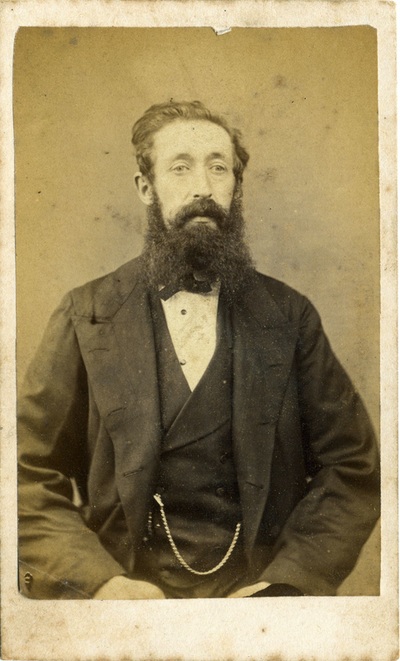
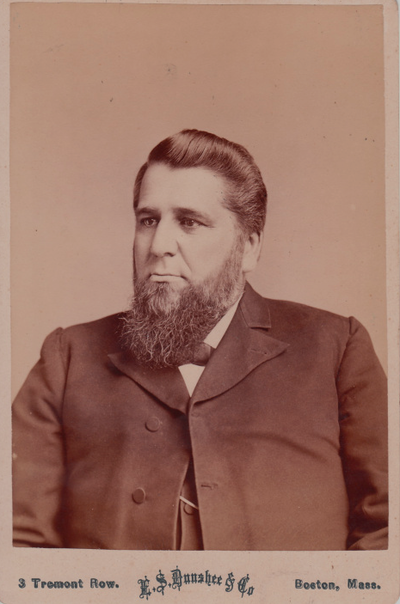

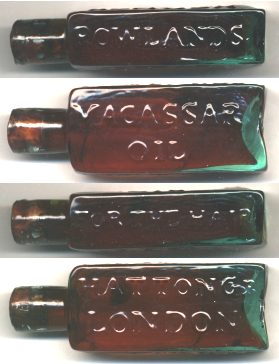



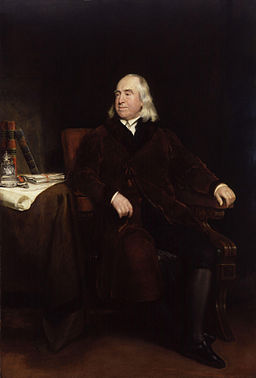




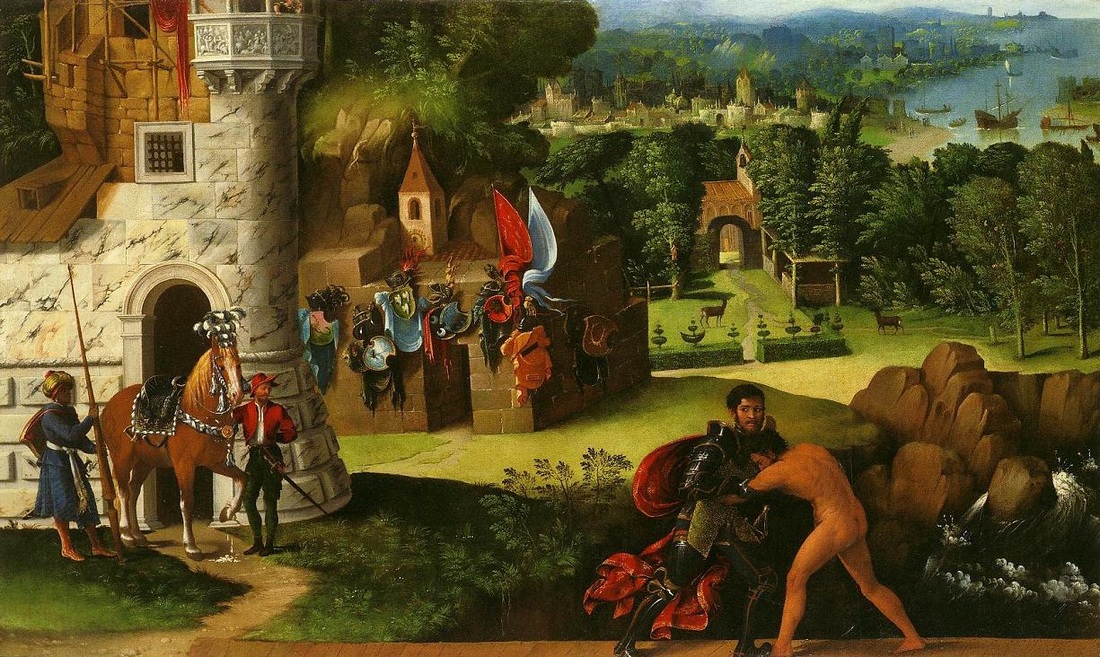


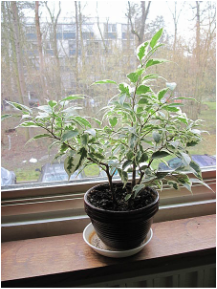









 RSS Feed
RSS Feed